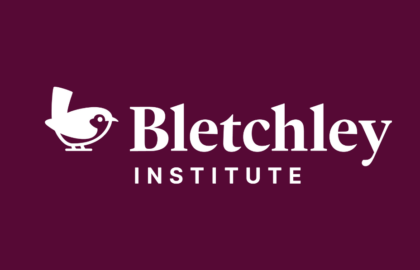Hieu Le: An Army Veteran Learning to Code from Afghanistan
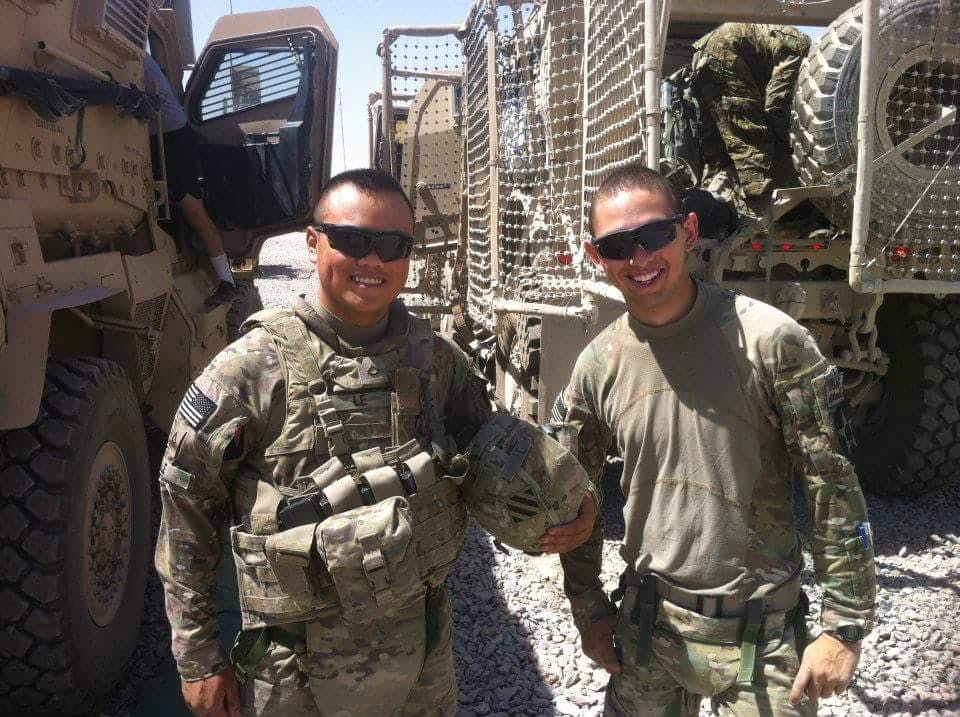
With a longtime commitment to providing programming education to those who have served our country, Flatiron School has been honored to teach a number of military veterans how to code over the years. Today, ahead of Veterans Day, we’re profiling a few of these inspiring members of our community. Read on to meet Operation Code […]
With a longtime commitment to providing programming education to those who have served our country, Flatiron School has been honored to teach a number of military veterans how to code over the years. Today, ahead of Veterans Day, we’re profiling a few of these inspiring members of our community. Read on to meet Operation Code scholarship winner Hieu Le – a former US Army Counterintelligence Special Agent currently working through our Online Web Developer Program from Afghanistan.
Can you tell me a bit about your background and you career prior to pursuing coding?
I decided to join the US Army very early on in high school and had a little under 30 days from walking the stage at my high school graduation to boarding a flight to basic training. I enlisted as an Armor Crewman on the M1A2 Abrams Main Battle Tank and had a great time being a tanker. It was during my first deployment to Afghanistan that I discovered the exciting world of military intelligence and once I got back to the US, I put in an application to become a US Army Counterintelligence Special Agent.
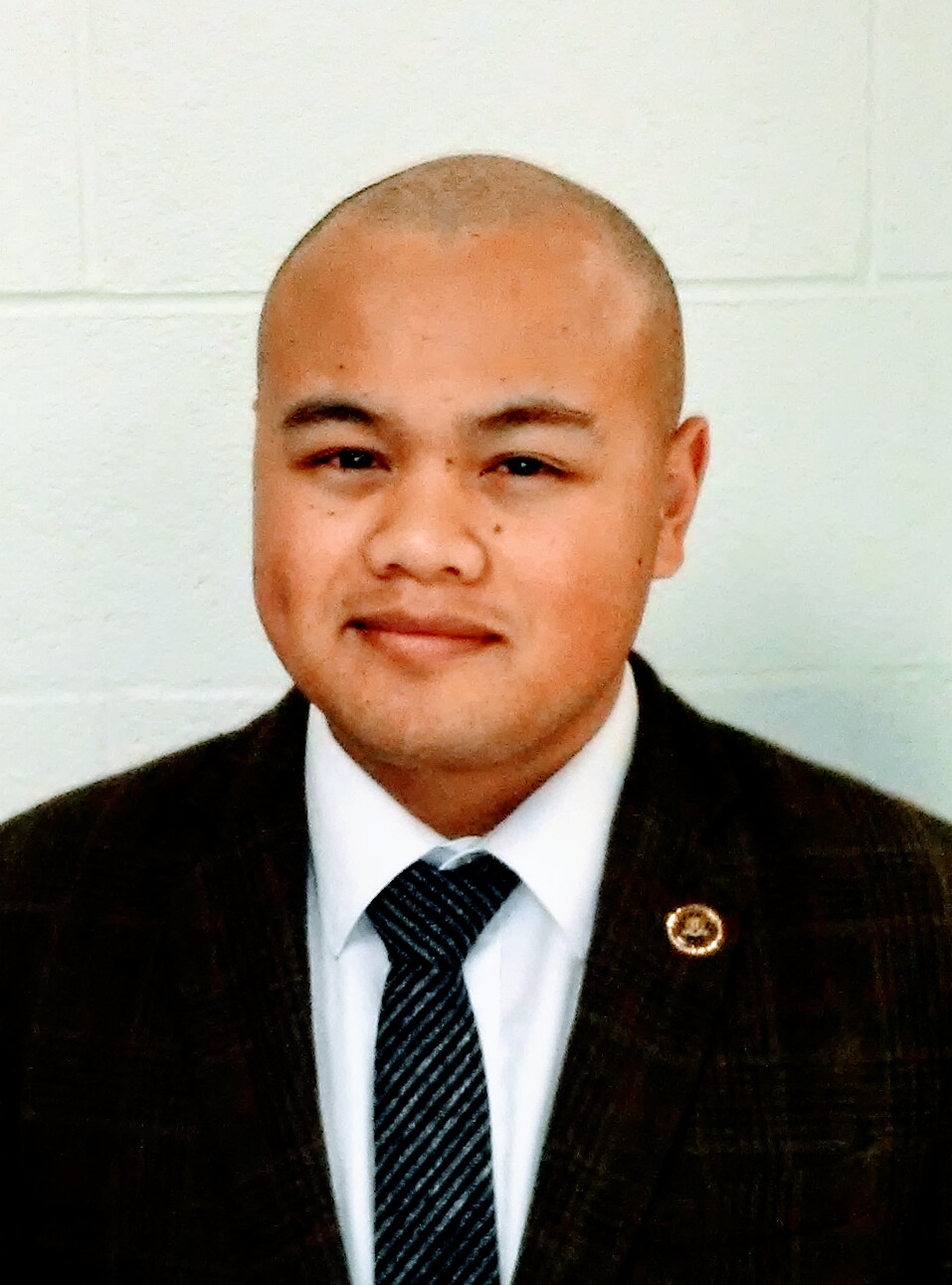
That career path opened me up to several amazing experiences which I will never ever forget. I recently just got out of the Army and started my current job as a Counterintelligence Support Specialist in Afghanistan to continue to support the safety of Americans deployed there.
How did you discover programming?
I grew up in the San Francisco Bay Area and, if you're reading this, you probably already know it's pretty much a tech mecca. A lot of my friends work in the tech field in many different capacities and they highly recommend I get out of my current line of work to pursue a new career field. My current work is incredibly stressful and the burnout rate is very high. Everyone has imagined at one point or another where they see themselves in the future and what kind of person they'll be or what kind of life they want to live. While I'm proud of what I've done and what I'm doing, I just can't see myself doing counterintelligence work for the long haul. So I decided to listen to the advice of my friends and dedicate my free time to learning the skills I need to start a new career. (Though if I'm being entirely honest, having a career where being attacked by rockets and the like isn't a common and accepted fact of life is definitely a bonus.)
What brought you to Flatiron School’s Online Web Developer Program in particular?
I tried learning on a lot of free and paid platforms, but I was really frustrated with the lack of a rigid structure and support network. Not to disparage any of the resources I've tried, but it was a lot of code-alongs where you didn't actually develop any knowledge. I frequently found myself going over previous lessons or googling several references to try and understand what I was actually doing. I had my own personal network of mentors, but considering there are several ways to do the same thing and without really specific context about what I was taught previously, their advice was usually less than helpful. Thankfully, there are a lot of veteran organizations out there whose mission is to assist people like myself with a fantastic support network. I joined “Operation Code” and it was through them that I had the opportunity to apply for a scholarship to Flatiron School. A big shout-out to “Operation Code” – they’re a fantastic organization and I’m extremely grateful that I found them. Any veteran thinking about getting into a tech related career would be doing themselves a favor by connecting with them! They had a lot of good things to say about Flatiron School and I had also heard positive things about Flatiron from the tech podcasts I listened to, particularly “Learn to Code with Me” by Laurence Bradford. (I'm not getting paid to say that, I'm just a big fan!)
What has been your favorite part of the experience so far?
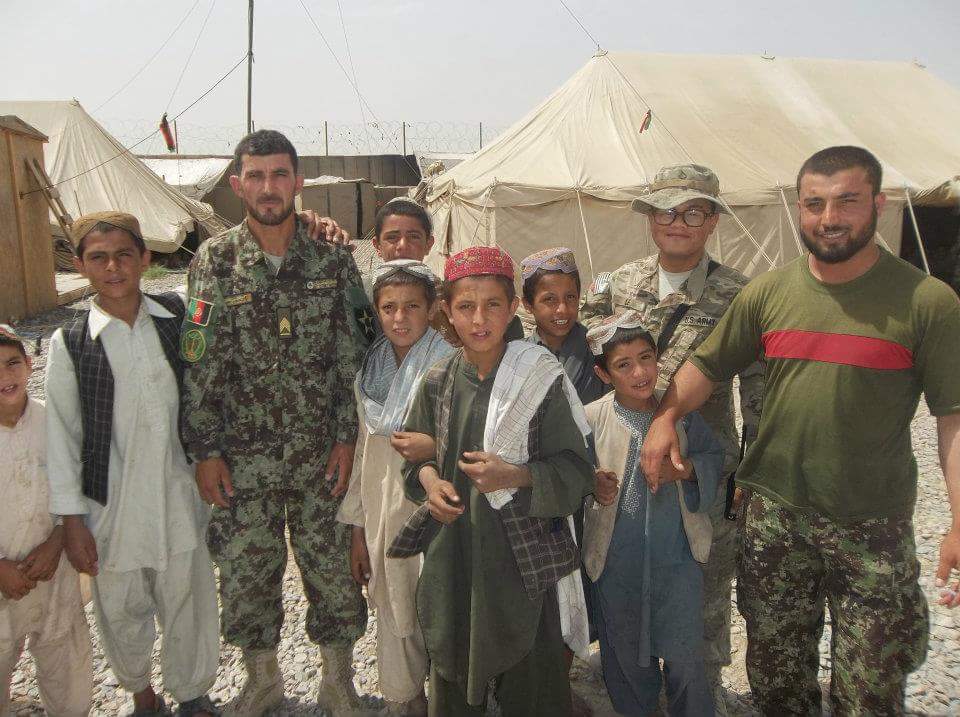
100% the structure and the quality of the lessons. There is also a very active community on Slack, too! I know because I have to constantly put their Slack channel on “Do Not Disturb” in order to get any sleep at night! The Online Web Developer Program has many dedicated students and they have already gone through all the lessons I'm currently going through, so getting help on the Slack is very easy. Seems like they've asked for help before and are simply paying it forward. I can honestly say that it's a wonderful community. It's also very funny how every member seems to have gone through the five stages of grief with their programming. The Flatiron community is very much equal parts technical expertise and support group.
What are your goals for once you finish the program?
I'm not sure! Future goals are such a difficult question! Veterans have a very unique situation. I know some people intend to do the program in lieu of getting a traditional college education. However, veterans who still have the G.I. Bill can do both! The Career Services upon completion of the program means that I will very likely be able to land a web development career once I finish the program, but since I'm a veteran, I've also got a full ride scholarship to any college that would accept me. I think I'm leaning towards completing the Flatiron program and concurrently doing community college and earning the classes necessary to apply to UC Berkeley's prestigious computer science program. Flatiron School's syllabus will definitely give you the skills necessary to work right away, but I currently plan on leveraging those skills to be successful in school, too. Since I have the luxury to choose, I choose both! Worst case scenario, I’m able to have great experiences in college and still have skills that make me incredibly marketable if I decide I want to work right away. It's a win-win situation that I won't regret in 30 years.
Do you feel your military experience has uniquely prepared for you learning how to code?
Absolutely, the military I left was a glorified classroom with a lot of extracurricular activities! The same things that make a veteran desirable to employers are the same things that make a veteran uniquely prepared for learning how to code. Veterans are hard working people, dedicated to whatever they put their minds to, and are able to adapt to a constantly changing world. Learning how to code is not rocket science (no offense to actual rocket scientist coders) and veterans have a ton of experience learning things broken down “Barney-style.” It's just basics built upon basics and if you build up enough knowledge, you intrinsically understand how thing works, why they’re broken, and how to fix them. The military colloquialism of “ghetto-engineering” accurately applies to both coding and whatever we did in the field.
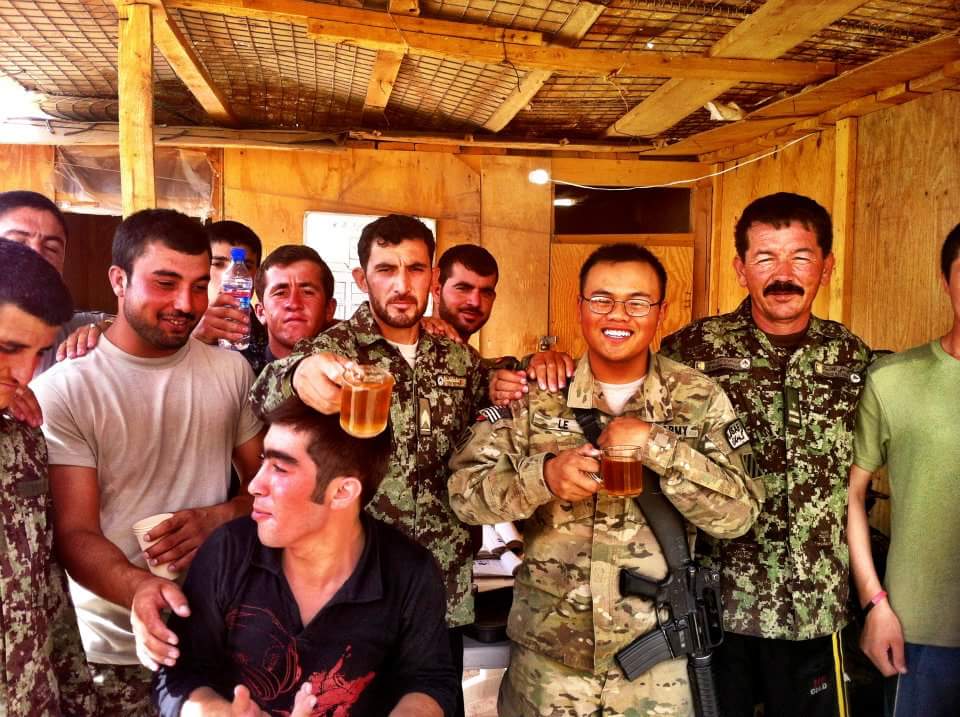
Do you see coding and technology as a way to improve the lives or veterans or those currently enlisted? If so, how?
I’ve actually been very surprised at how many veterans are pursuing coding and, as with any veteran group, we all have each other's back. As for coding improving the lives of veterans and those currently serving, I would yes, 100%. Here's why: there is almost nothing that coding cannot improve! It's a great career field that is currently booming and if you're looking for a marketable skill you can still do when you're no longer able to physically do other work, coding is it. Many veterans are familiar with spending a lot of time away from their families while they were serving, but imagine if they had a job where they could work remotely. At the very least it's stable work where you can still go home and spend some quality time with your family.
Finally, any coding tips you've learned so far that you'd like to share with other programming students?
Code every day for at least an hour! Success is just doing little things right, day in and day out. If you can manage to be disciplined and do what you need to, there is no way you will not be successful.
Read about what WeWork is doing for veterans with its new Veterans in Residence program, which will provide veterans across the U.S. with the space, skills, and most importantly the community they need to support them in creating their life’s work.
Disclaimer: The information in this blog is current as of November 9, 2017. Current policies, offerings, procedures, and programs may differ.


